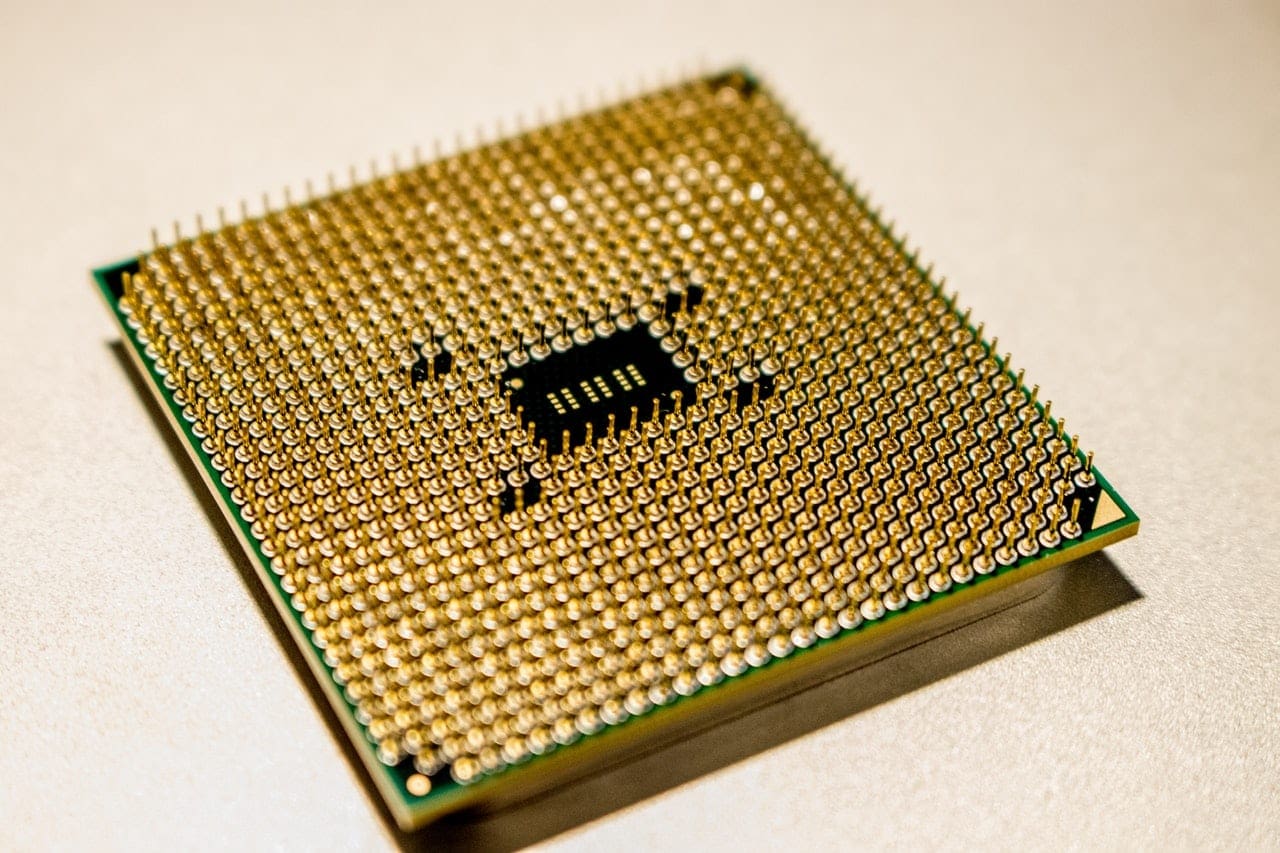The two main measures for CPU performance are CPU clock speed and core count. Both of these measures are important in terms of CPU performance, although the specific importance of each measure varies between tasks.
A CPU core is an individual processing unit, multi-core CPUs have multiple cores that can run entirely distinct processes at the same time. CPU clock speed is a measure of how fast a single core operates. CPU speed is measured in gigahertz which means billions of cycles per second. In a comparison to cars on a road, high clock speed with one core is like a high speed limit on a single lane road, cars can travel faster but the road is easy to congest, slowing down everyone. The CPU core count however is like adding extra lanes to the road, more cars can travel at once, and if one lane is running slow the others can still function.
CPU clock speed
CPU clock speed is important for all tasks, it directly affects how fast a process can complete. This is especially true for single-threaded tasks that can’t be parallelized to support multiple threads. In these cases, only one CPU core can be used at a time, meaning that CPU clock speed is the most important factor in the processing of these tasks.
Tip: A thread is a singular process that has to be run from one end to the other in order. If a process can be split into multiple processes that can be run in parallel, it is called multi-threaded. A multi-threaded program can take advantage of multiple CPU cores.
Higher CPU clock speeds generate more heat, it has been almost impossible to push past the 5 GHz barrier without using exotic cooling methods such as liquid nitrogen.
Core count
Multiple CPU cores can only be taken advantage of by code designed to support multi-threading. If programmers can design a program so that some functions can run at the same time as others, it can significantly increase the performance of the application. Applications that can take full advantage of high core counts such as renderers or encoders can see an almost 1:1 performance improvement ratio. Two CPU cores can almost double the speed and ten cores almost increasing the speed by a factor of ten.
A multi-core CPU will provide a small speed advantage to single-threaded programs as its more likely that a single CPU core can be dedicated to completing each task, rather than having to share CPU time with the operating system and other software.
Multiple cores require more complicated CPU structures to be able to reliably share memory between cores. Increasing the core count also increases the required size of the CPU which can push up the cost.
Overall benefits
Your intended workload should be used to inform your overall choice of whether you should prefer a CPU with fewer cores and a faster clock speed or a more cores at a lower speed. If most of your work is going to significantly benefit from one over the other, then this should be an important factor in your decision. If your workload is balanced, however, its recommended that you get a balanced CPU too.
Realistically, a 5 GHz CPU is only 25% faster than a 4 GHz CPU, while an 8 core CPU is 33% faster than a 6 core one. Above six or eight cores you will likely find only minimal performance improvements unless you’re specifically performing tasks that use all available CPU cores.




Exactly the information I needed!
Yes indeed. Now I know what laptop I need to buy. I appreciate you providing this information. Thank you kindly.
Great explanation, just what I needed to choose between two laptops. Thank you.